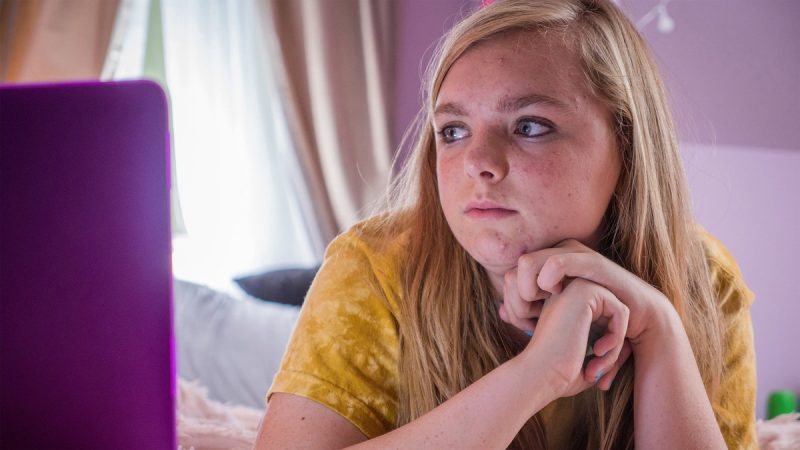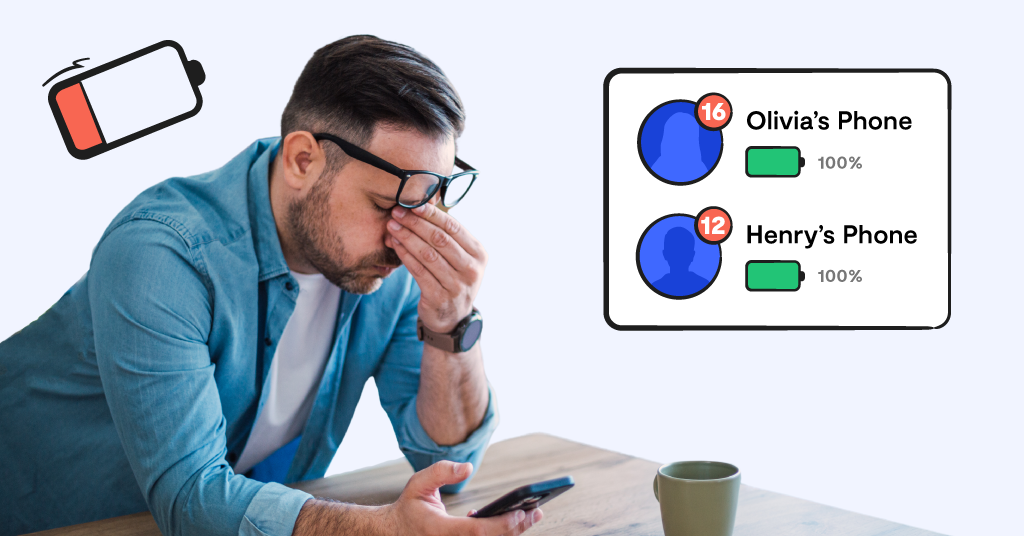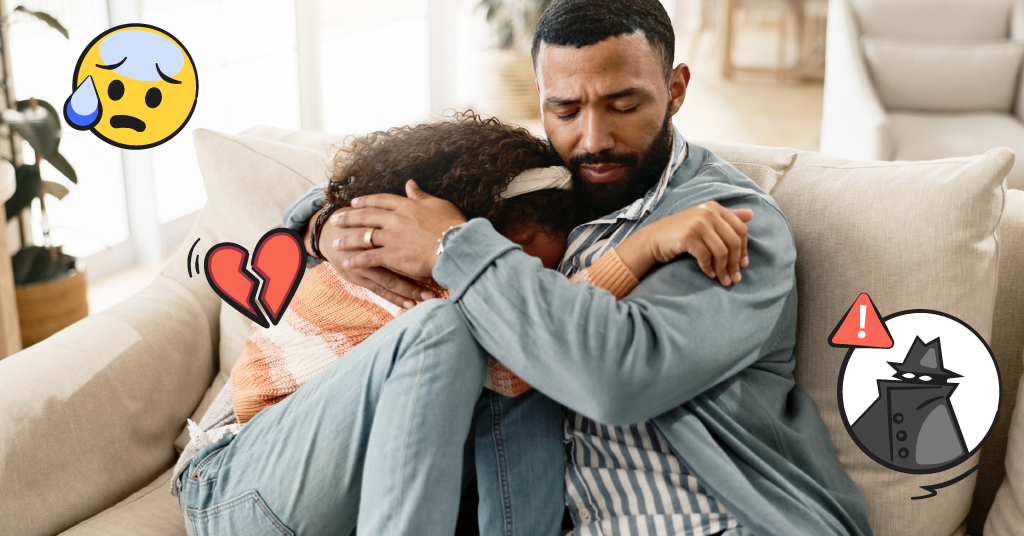
It is a universally acknowledged truth that middle school is rough. Kids are growing into adult bodies and dealing with complicated emotions while trying to make sense of the world around them. In Bo Burnham’s Eighth Grade, we get an eye-opening glimpse into one week in the life of a 13 year old named Kayla as she finishes her last week of eighth grade. It’s a fascinating look into how digital natives use modern technology as guideposts on their journey to adulthood.
The pressure that kids feel to be cool, look cool, and act cool is certainly not a new one. In the past, however, that simply meant showing up to school and playing the part. No one could see your basketball game, new dress, or group of friends unless they were right there with you.
These days, that pressure doesn’t end when the bell rings. Kids feel pressured to be “on” around the clock. They send messages, post photos, and interact on social media near-constantly when they’re not at school.
How Social Media Changes What It Means To Be a 13 Year Old
The issue of authenticity for kids in 2018 is fascinating. Kayla wants desperately for the world to perceive as her cool, self-assured, and funny. Deep down, fortunately, she knows her worth, but she has incredible anxiety. Still, she films and produces an ongoing YouTube series (a fact in itself worthy of praise) with aspirational titles like “How To Put Yourself Out There” and “How To Be Confident.”
Despite her anxiety, she meticulously curates her social media content to portray a much more outgoing and confident persona than the one she exudes at school. In one early scene she takes a selfie in the morning after doing her makeup. She then returns to bed, adds a flattering Snapchat filter, and captions the picture: “I just woke up like this.”
This duplicity is problematic, especially because she seems to take great joy in the final product — doctored perfection. If being cool is important, seeming cool is even more so.
Why Middle School Is Different in 2018
The common themes of adolescence that many of us have experienced — crippling self-doubt, shyness, the fear of being uncool — have not changed with today’s generation. They’re just amplified by the internet, technology, and social media.
While the film focuses on these issues, several brief moments also stood out. These really drive home how different schools, and by extension kids, are today as compared to the 90s:
- While it’s no secret that many schools give students laptops, an entire class of kids opening them up at the same time, their faces lit up in blue light, is striking to watch. It's drastically different from the three-ring binders that towered over desks in the past.
- The reality of school shootings in the U.S. has led to active shooter drills in many schools. There is something chilling about the scene where the kids are learning what to do. It provokes profound sympathy for the stress it must entail for them.
- With the prevalence of cell phones, cameras are everywhere. The idea that during some of the hardest, most awkward years of a child’s life — puberty — you can be in photos at a moment’s notice must be stressful. This is especially true considering kids develop at different rates and with differing levels of self-esteem.
It’s par for the course for older generations to be bewildered by such access. But in the movie we see the same judgment being cast by those just slightly older. In one scene, a group of 17-year-olds asks Kayla how old she was when first got Snapchat. When she responds that she was in fifth grade, they’re aghast — and judgmental — exclaiming that “she’s wired differently.” They, on the other hand, were presumably closer to 14 when they downloaded it.
For millennial parents, the most comparable rite of passage was most likely was when you got your own cell phone. And for Generation X, it was when you got your first computer. Each generation has its own cultural touchstones.
Using “Eighth Grade” To Talk To Your Kids
Kayla’s complicated relationship with her father may strike a chord with many parents. A typical teen, she struggles with his dad jokes. She's embarrassed when she catches him looking at her and her friends from across the mall food court. She even gets mad at how he’s merely breathing in the car!
While most of this can be chalked up to adolescent angst, in a pivotal scene towards the end of the movie the two have an honest, heartfelt conversation that brings true connection between the two. This kind of communication is integral for all families navigating the rocky road to adulthood, and can be worked on little by little. She feels seen, and for the first time truly understands that he has her best interests at heart. Kayla realizes that she is not a mean girl and not sexually experienced — and that’s OK.
Although the film didn't discuss it, Kayla and her father (as well as parents in general) would have benefitted from a discussion about how to use that open communication to talk about her device habits. A whole world of gray exists between unfettered access and not having a cell phone at all. Each family is different. For some, monitoring services like Bark are a big help. Others require agreed-upon rules like no phones in the bedroom or at the dinner table.
At Bark, we know that parenting the first generation of digital natives is challenging, and vastly different from our own experiences as 13 year old children. Fortunately, you’re not alone on this journey. The same technology that makes parenting kids challenging can also help make it easier. Monitoring services like on Facebook provide valuable insight and strategies that can help foster better communication and relationships as you raise your children in today’s digital age.
Bark helps families manage and protect their children’s digital lives.






